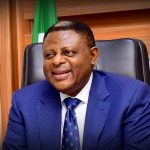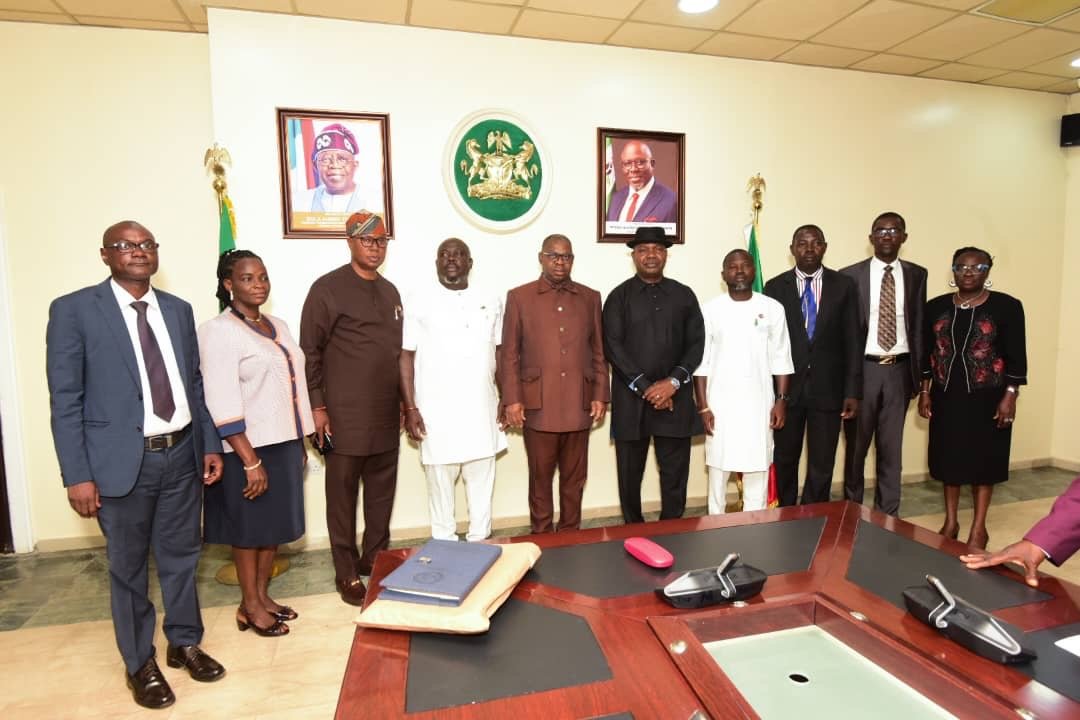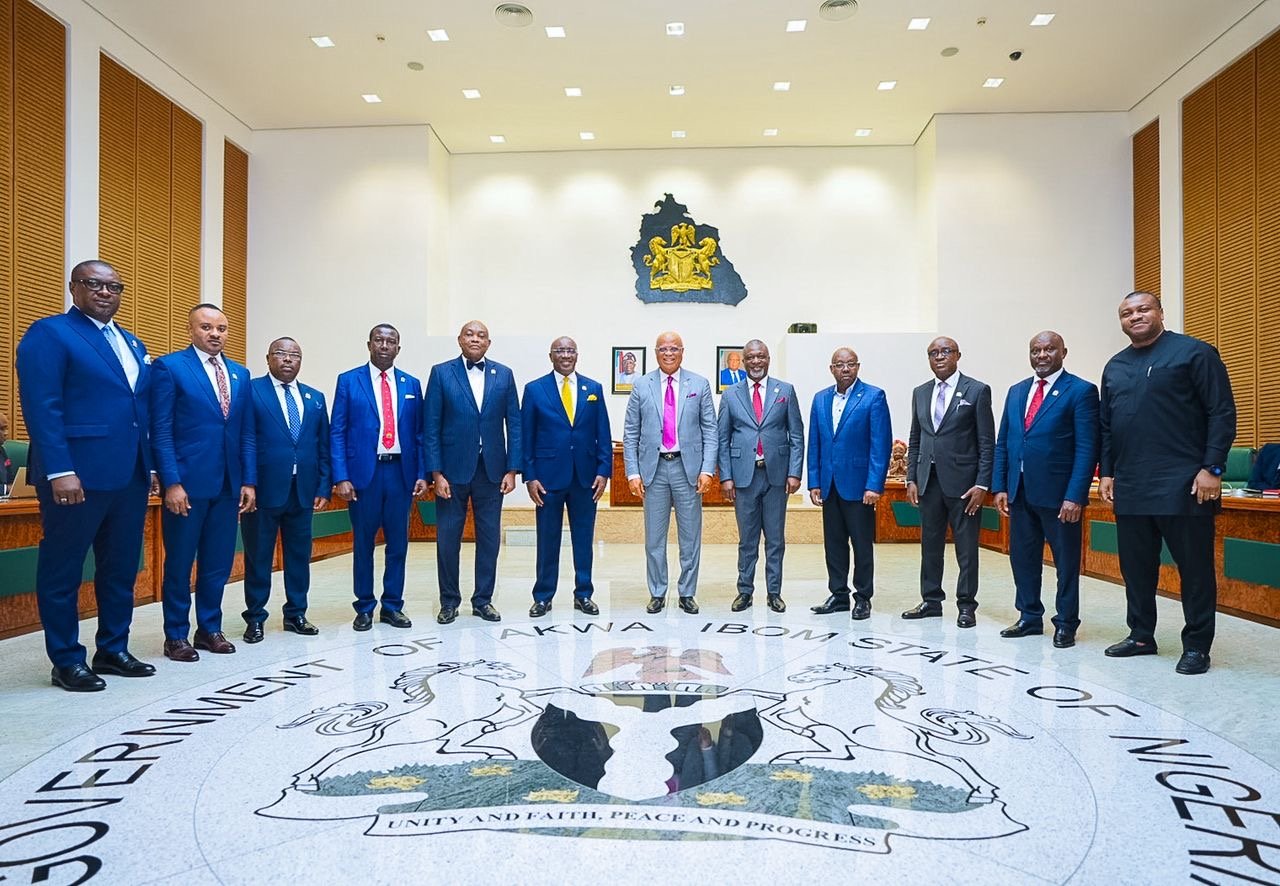The Senate President, Senator Godswill Akpabio.
By Anietie Akpan
Worried by poor budget implementation and low impact on the citizens, a budget expert has called for reforms in Nigeria’s budget system.
A Public Finance Management Expert and Consultant, Dr. Oluwasola Omoju made the call in Calabar at the recently concluded “Presentation of Cross River State Medium Term Expenditure Framework (2026-2028) and Development of the Medium-Term Sector Strategy” sponsored by the United Nations Children’s Fund (UNICEF).
He emphasized that over the years, the country’s budget has not really had impact on the life of the people as some statistics show that government is spending a lot of money and the people are not seeing an improvement in their standard of living.
He said many factors are responsible for this starting from the preparation of the budget and “when you look at what the constitution says, the constitution says that, the budget should be presented at any time.
“So at any time means at any time to anybody. So the president can wake up tomorrow and say he is going to present the budget. He can wake up December 20 and say he is going to present the budget. That makes it very difficult for proper planning of how the budget calendar is supposed to be”.
In this case, Omoju said, “it is very important to have some of this reforms to say, the budget must be presented maybe by September 30. So if there is a clear timeline, the budget is presented in September 30. Then maybe by November 30, the budget is already passed by either the National Assembly or the State Assembly. So the most important thing is before January 1st, the budget should be signed so that when we move into next year, the budget is at least ready to be implemented.
“These are some of the important reforms. But the current situation were the president can arbitrarily just present the budget any day he feels like also always make it very difficult to have a very predictable budget calendar. And you can have a situation were you are already in February of the next year, you don’t have a budget. This reflects to other states”.
However, he added that a lot of states are beginning to improve largely due to the introduction of the States Fiscal Transparency, Accountability and Sustainability Programme- (SFTAS) of the World Bank a few years ago and that project actually came up with a lot of very big reforms in terms of calendar”.
As a result of this, he said, “a lot of states now by August and September, the budget must be presented and approved by the State Assembly and latest by December 31st, it must be signed by the governor. So a lot of states have improved significantly in this area” as the World Bank rewards such states financially.
On budget monitoring and evaluation through oversight functions which is another area of concern in budget implementation as finances may not be there or persons and institutions responsible could compromise.
The budget expert said, the National Assembly or even State Assembly, generally, the legislature have three major functions which are representation, that is representing your people, an oversight, which is looking at what the executive is doing, Lawmaking and oversight is fundamental to whatever role.
“And they know that for them to do oversight right, they need to have the resources, the technical capacity to be able to engage”, he said adding, “you are representing people across the federation. So you should be able to go to any part of Nigeria to inspect projects, to ask questions, but you need resources to actually do that. Now, most of the time, what some of these committees used to say, is that they don’t have enough resources to actually do oversight.
“So if you don’t have enough resources to do oversight, and the organization that you are going to oversight, now say, don’t worry about that. We are going to book your hotel. So you know that you have already compromised and now have a conflict of interest there”.
But he said, “in a situation were you book your own hotel, book your flight, you are not looking at anybody’s face, you will ask the hard questions. But if they already book your flight, business class, put you in five-star hotel, now when you want to start asking questions, you know, it might be very difficult for you to ask those very difficult questions.
“So that is a very big challenge with oversight. And this challenge is even more difficult at the state level. Now, national assembly has financial autonomy. State assemblies don’t. So state assemblies now, most of them, whenever they need money for their budget, they have to get money from the governor. Just imagine now your state assembly, your work is actually to check whatever the governor is doing. Now, you need money to go and check the governor and you are asking the governor. Can you just look at the logic? So that is complicated”.
With all these, Omoju submitted that, “we need to have reforms in that area so that our legislature, they are not just robust but they are independent and they have the necessary resources to actually do what they are supposed to do.
“So we do call on the national assembly not to depend on organizations to give them money for oversight and we need to start thinking about how can we make some of these committees to be extremely independent in terms of resources”.
He said, these are some of the reforms that need to take place within the national assembly, within the legislature itself and at the state level, according to the law, the office of the Public Accounts Committee is supposed to be headed by an opposition “but most state assemblies now, almost everybody in the assembly is in one party. So in that case, you still need to have a Public Accounts Committee and anybody in the assembly just becomes the chairman. So that also undermines that check and balance that we are expecting to have”.











